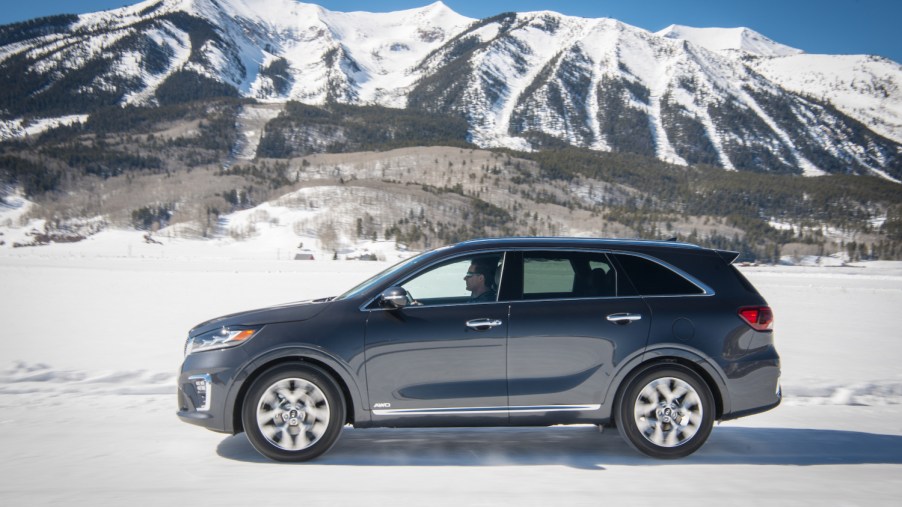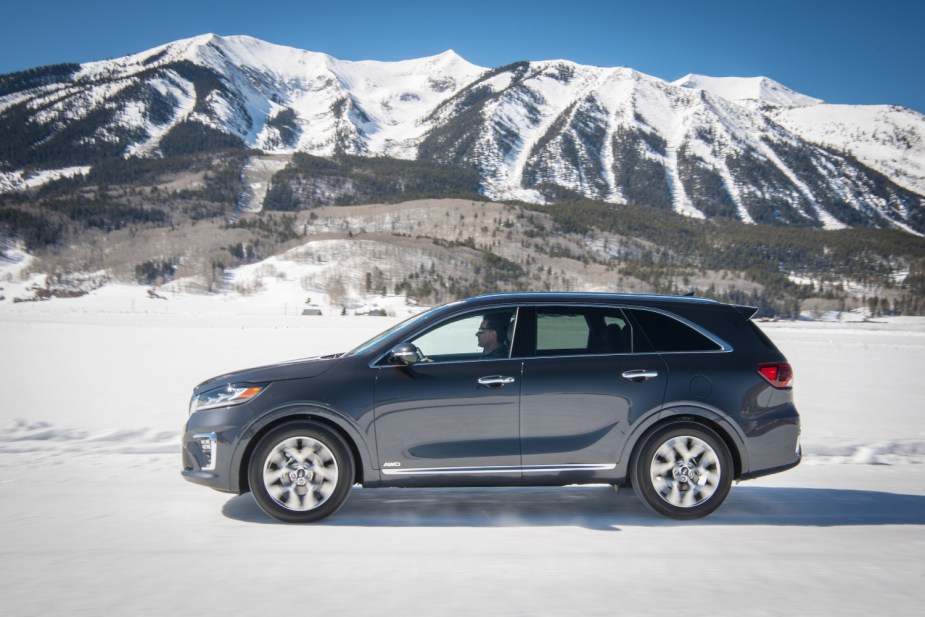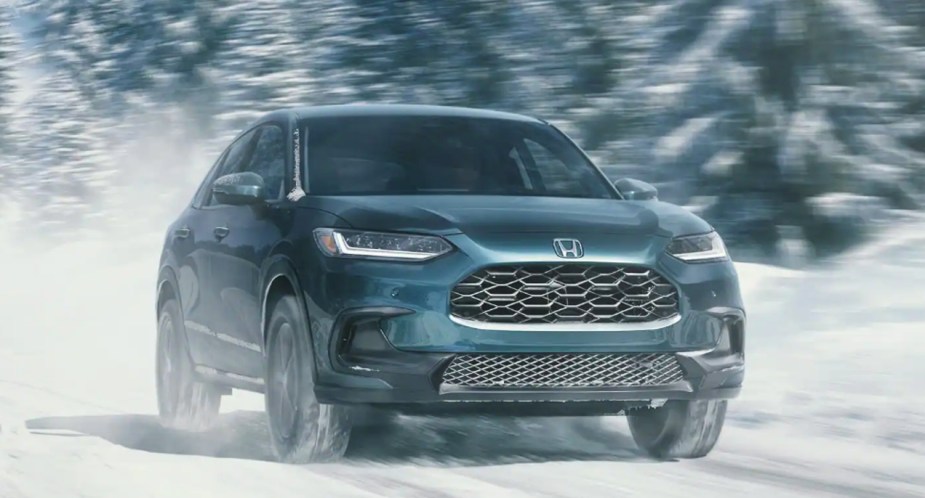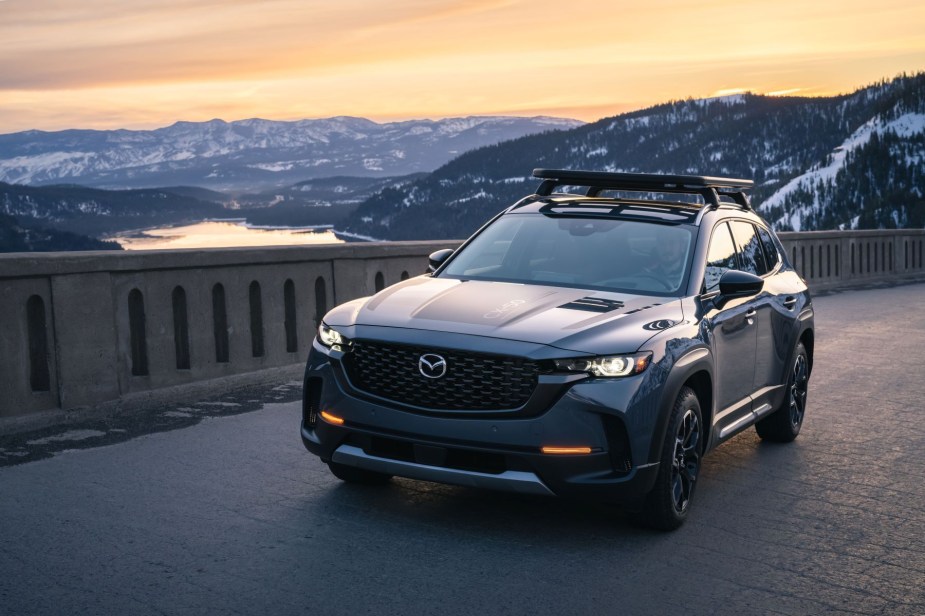
3 Reasons to Get Winter Tires for Your SUV
Even if your SUV has four-wheel drive or all-wheel drive, you may find yourself wanting some extra capability and safety during the winter months. And that is where snow tires, or winter tires, come in. While most SUVs and crossovers come with all-season tires, some regions really call for something more suited for winter conditions. Winter tires are optimized for handling snow, ice, and even cold temperatures. Allowing you more confidence as you brave bad weather. So, why does your SUV deserve winter tires?
Winter tires are more aggressive
The tread on winter tires has been specifically designed to handle things like snow and ice. The last thing that you want is to lose traction when road conditions are rough. And that is something that snow tires can help with. Now, if you do not live in a place that doesn’t get significant snowfall or ice accumulation, you probably don’t need special tires. But some areas of the United States do call for them.

Tread patterns will vary between manufacturers and tire purpose. Some winter tires are designed for cold, dry conditions, while others are meant to handle snow and ice. Because of that, you should consult with your local tire shop or dealership to determine which winter tires are the correct pick for you.
Snow tires handle better in chilly conditions
Tire technology has come a long way, even since the 1980s. Tire manufacturers use high-tech compounds in order to ensure that tires can function better. In the case of winter tires, that means being able to handle cold pavement when temperatures drop below freezing.

Cold weather can make rubber stiffen, and winter tires are designed to avoid that. Additionally, they feature things known as “sipes.” According to Capital One, sipes are small slits in the tread block, and it helps the tire flex and change depending on conditions.
Winter tires compliment your 4WD or AWD system
Whether you drive a full-size SUV or a crossover, you might have 4WD, or AWD equipped to your vehicle. While power going to all four wheels certainly helps in winter, it can only do so much. Remember, four-wheel drive does not mean four-wheel stop.

Because of their special tread design, winter tires can provide you with a better stopping time, even if there is snow on the road. Now, it is important to remember that you should drive for the condition of the road you are on. So, even if you have snow tires, if there’s ice or inclement weather, you probably shouldn’t drive as if it’s a sunny day.
Should you buy winter tires?
If you live in a place that gets heavy snow or winter weather, snow tires can certainly help. They will give you an extra sense of safety as you drive your SUV.
Most tire manufacturers today offer some kind of snow tire. So, it does come down to personal preference. Although, there are reviews out there on which winter tires are best. But ultimately, if you like Goodyear or you like Michelin, you will likely go with your preferred brand.


